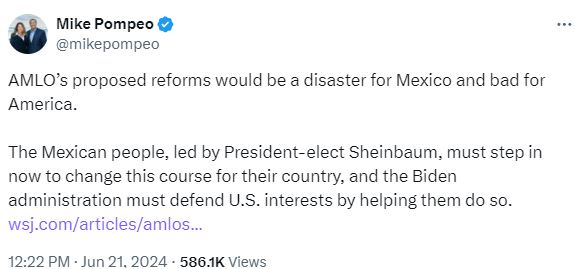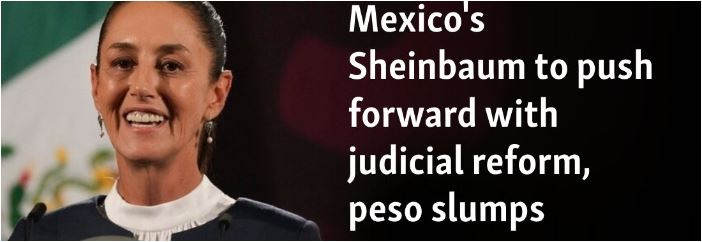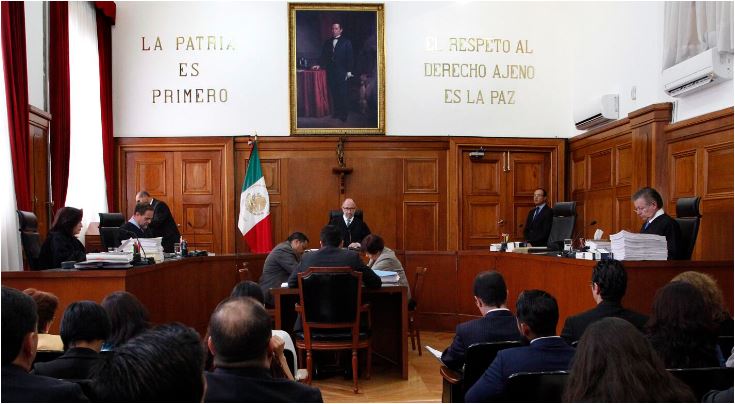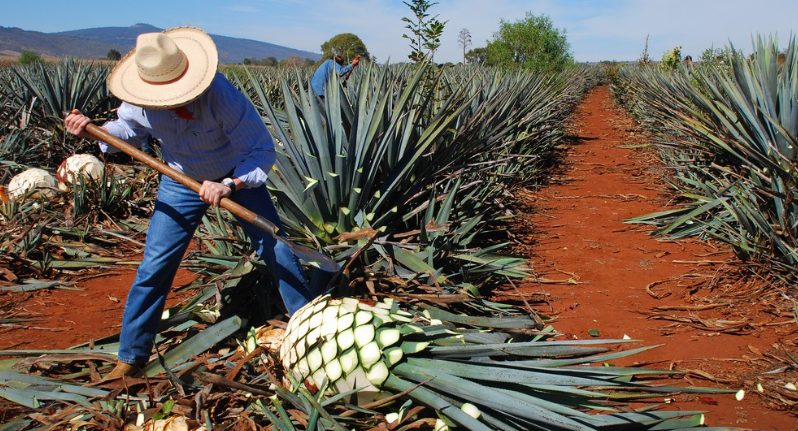Ex U.S State Department head Mike Pompeo made headlines for his comments regarding Mexico’s proposed judicial reform. Pompeo expressed concern that judicial reforms in Mexico would have negative implications for America. This interference has sparked discussions and debates among Mexicans about sovereignty; many in Mexico believe their country should be allowed to enact reforms without external pressure or influence. They argue that sovereignty should be respected and that foreign officials should not meddle in domestic policies. The debate over Pompeo’s comments has reignited discussions about national autonomy and the need for self-determination in shaping Mexico’s future. Let’s delve into the details of Mexico’s judicial reform, Pompeo’s statements, and what it means for the Mexican people.

Mexico is considering a judicial reform that would allow citizens to vote for top judges. This reform calls for the popular election of all federal judges, including approximately 1,600 judges, or for the popular election of only those at the top of the judicial hierarchy such as the Supreme Court, Judicial Council, and Electoral Tribunal. This significant shift towards democracy in the judicial system has alarmed the U.S. business community and has sparked debates and discussions both within Mexico and internationally. One of the key concerns raised is how this reform might impact relations with the United States, especially if those judges don’t side with the U.S. during a trade dispute, especially if the U.S starts losing Mexican federal judges who have had a pro-U.S. bias.

The proposed judicial reform in Mexico represents a major step towards greater transparency and accountability in the country’s legal system. By allowing citizens to directly participate in the selection of top judges, it aims to reduce corruption and increase public trust in the judiciary. This move aligns with Mexico’s ongoing efforts to strengthen its democratic institutions and ensure that they reflect the will of the people.

